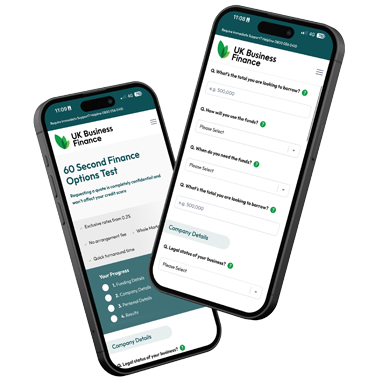Which creditors get paid first when a company goes into liquidation?
When an insolvent company enters a formal liquidation procedure, an insolvency practitioner will assume the role of liquidator and take over the reins of the business. They will set out to raise funds through the sale of company assets for which the proceeds will be distributed to creditors in an orderly fashion, as prescribed by the Insolvency Act 1986. The legislative measure establishes an order of priority of payment of debts which essentially dictates which creditors get paid first when a company goes into liquidation.
In what order are creditors paid in company liquidation?
When a company is unable to pay its creditors, the company director must immediately consider ceasing to trade to prevent the financial position of creditors from further worsening. The different types of company liquidation include compulsory liquidation which is when a company creditor petitions to wind up the company, or Creditors’ Voluntary Liquidation (CVL) which is when the director voluntarily enters company liquidation on their own accord.
During the company liquidation process, a liquidator will handle payments to creditors which will be distributed in the following order:
Liquidator fees – The liquidator’s fees and expenses of the official receiver will be paid first.
Secured creditors holding a fixed charge – This class of creditors involves lenders that have taken assets as security in exchange for extending borrowing. If a business defaults on a loan or enters liquidation, the lender can sell the asset used as security to raise funds.
Preferential creditors – Once secured creditors holding a fixed charge are paid in full, the next class of creditors, preferential creditors, will be paid. This typically includes members of staff that are owed statutory payments, such as wages, holiday pay, redundancy pay and pension contributions.
Secured creditors holding a floating charge – Secured creditors with a floating charge hold security over an asset class, such as stock or work in progress. When a company enters liquidation, the floating charge crystalises and turns into a fixed charge. Known as the ‘prescribed part’, a sum of the proceeds will be set aside for the next class of creditors; unsecured creditors, so they have the chance to receive some returns.
Unsecured creditors – This class of creditors typically includes suppliers, contractors, and customers.
Connected unsecured creditors – Individuals with a personal connection to the limited company will be paid next, such as family members that have loaned money to the business.
Company directors must act in the best interests of all creditors, otherwise, risk personal liability and the likes of director disqualification. Once company assets are sold to generate cash for creditors and the funds have been distributed, any remaining debts will be written off. If the company director is subsequently held responsible for the debts of the business, or has given personal guarantees, this could jeopardise personal finances and push the director into bankruptcy.
If you are worried that your business is insolvent, speak with a licensed insolvency practitioner about entering company liquidation. A qualified insolvency practitioner will advise you on the best route forward for your company and help determine whether company liquidation is the recommended path.









